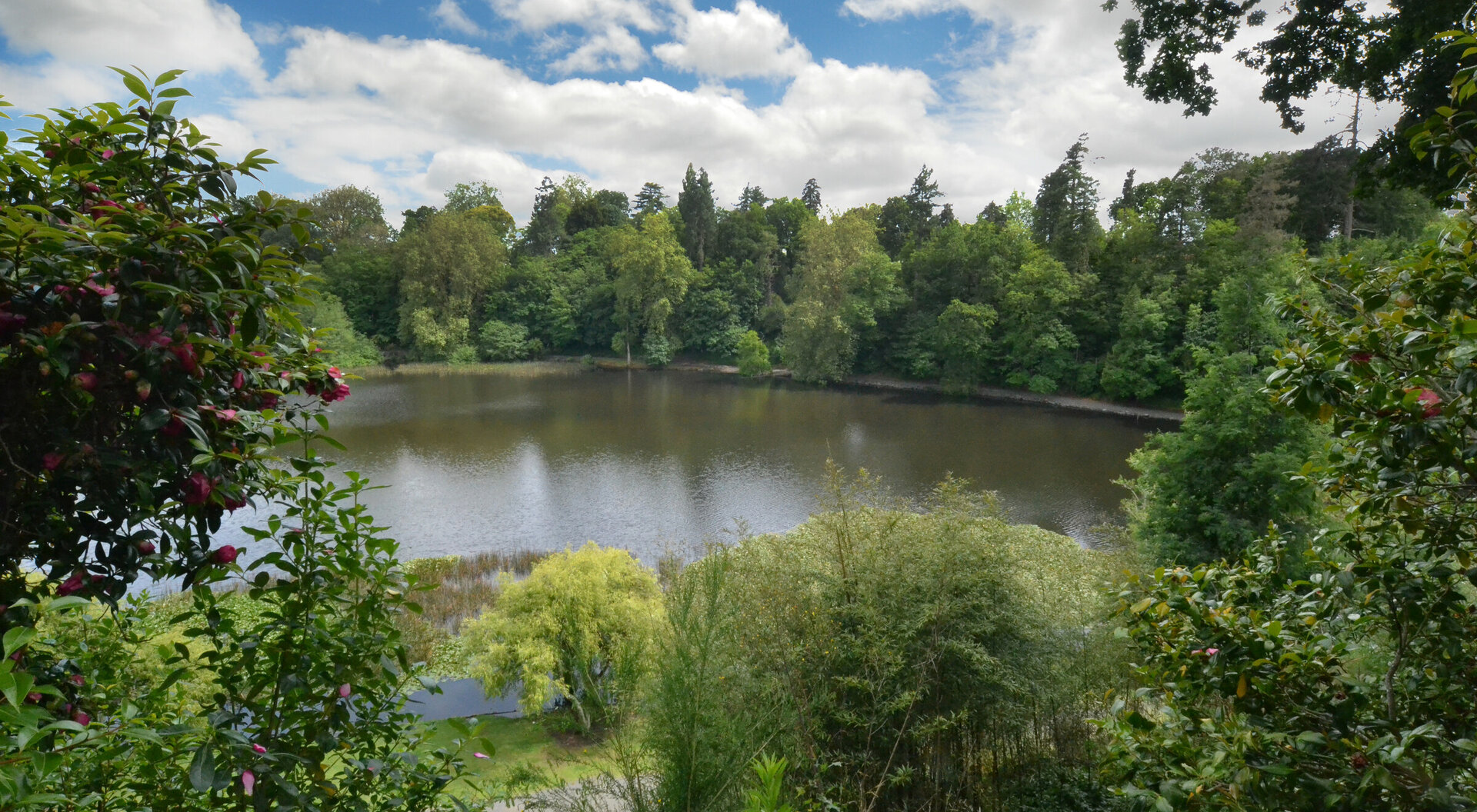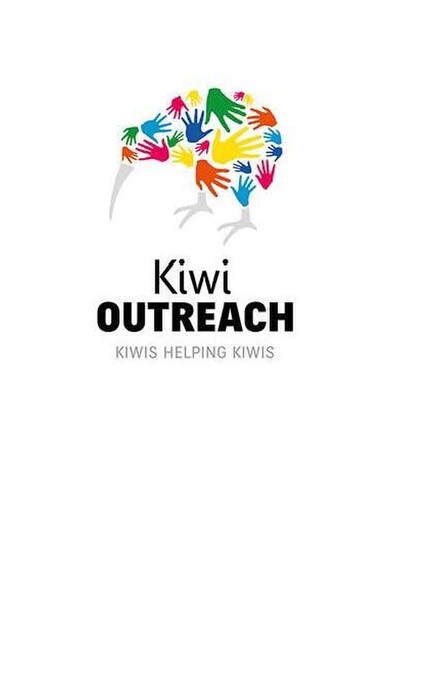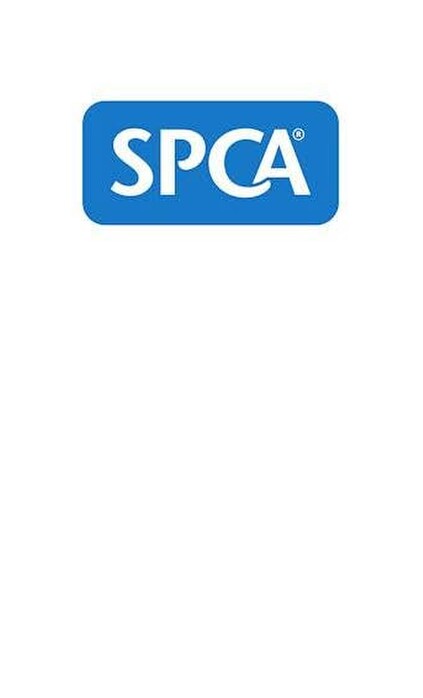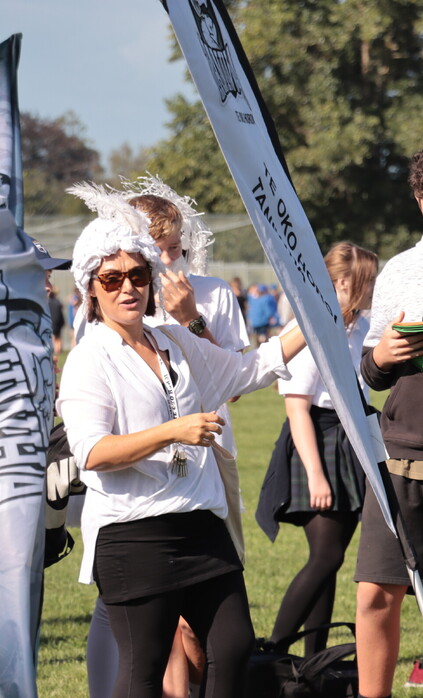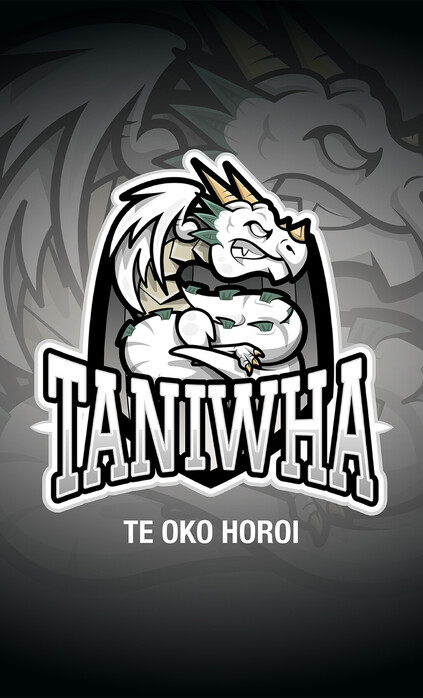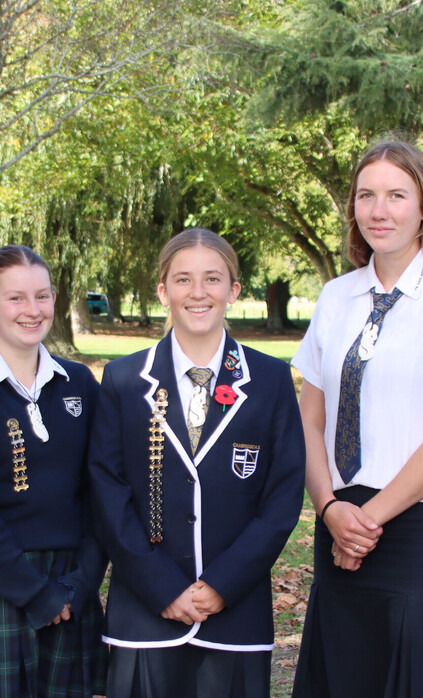Te Oko Horoi
Naa te tongikura a Taawhiao (1822 – 1894) te ingoa o Te Oko Horoi i tau ki Kemureti ara “Ko Arekahaanara tooku haona kaha, ko Kemureti tooku Oko Horoi, ko Ngaaruawaahia tooku Tuurangawaewae”. I puakina teenei tongikura i te waa o ngaa raupatu. I noho a Taawhiao ki Arekahaanara (ko Pirongia inaianei). He waahi whakaruruhau ki te iwi o Waikato i taua waa. Ko Kemureti te waahi i tuku oona roimata ki toona iwi i mate, ki toona whenua i raupatuhia i roto i ngaa pakanga o te Paakehaa me te Kiingitanga.
Ko teetehi atu koorero; i noho a Tawhiao ki Kemureti i te waa i tuu ngaa hui o te Kooti Whenua Maaori. Kaaore a Taawhiao i tautoko i ngaa mahi a te kooti engari i rongo i ngaa whakapae o ngaa taangata whakawaa. He nui ngaa iwi i noho ki Te Oko Horoi i taua waa aa i tino mamae a Taawhiao ki ngaa mahi raupatu me ngaa mahi porohaurangi. Naa toona pouri i puta “Ko Kemureti tooku Oko Horoi”
Te Oko Horoi (the washbowl) was the name given by Taawhiao (1822 - 1894) in his famous adage “Ko Arekahaanara tooku haona kaha, ko Kemureti tooku Oko Horoi, ko Ngaaruawaahia tooku Tuurangawaewae” This proverb evolved during the return of Taawhiao into the confiscated lands after the Waikato Land Wars (circa 1866). Arekahaanara (the current site of the Pirongia township) was a place close to Whatiwhatihoe, the popular settlement of the exiled Kiingitanga followers. Kemureti (a transliterated form of Cambridge) was the place where he grieved for those people and lands lost from the Kiingitanga in the battles. Another version has Taawhiao stationed at Te Oko Horoi while the Native Land Court was in session at Cambridge. Taawhiao refused to participate in the Colonial Court process but received regular updates. It is said that many other tribal groups stayed at Te Oko Horoi while attending the Courts. On hearing the news of more land alienation and drunken behaviour, Taawhiao became even more sorrowful, hence the loose translation “Ko Kemureti tooku Oko Horoi “my washbowl of sorrow.”
Copyright: Ngāti Koroki Kahukura Trust and Ngāti Hauā Iwi Trust, 2015.
